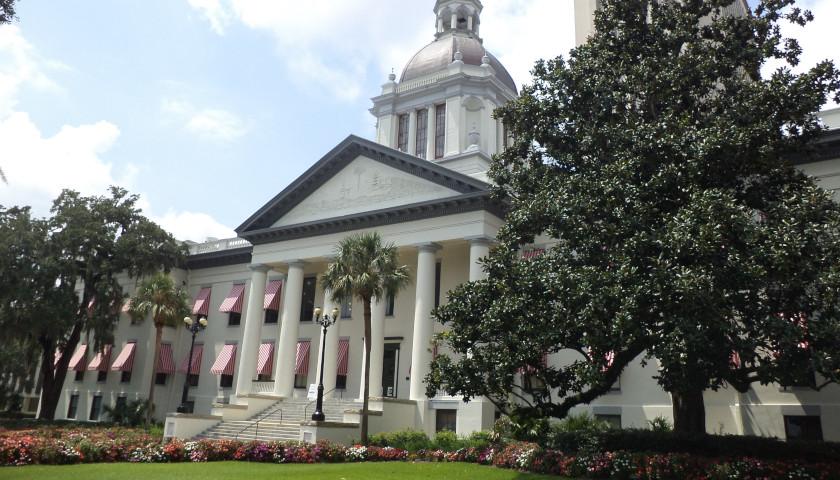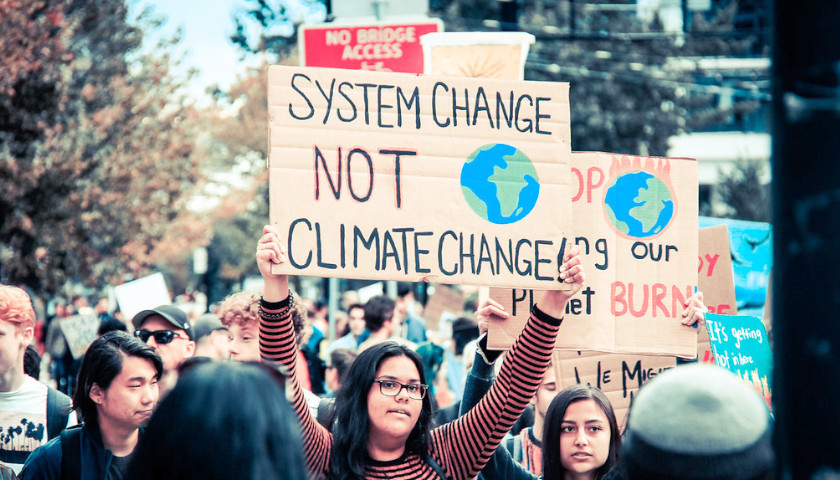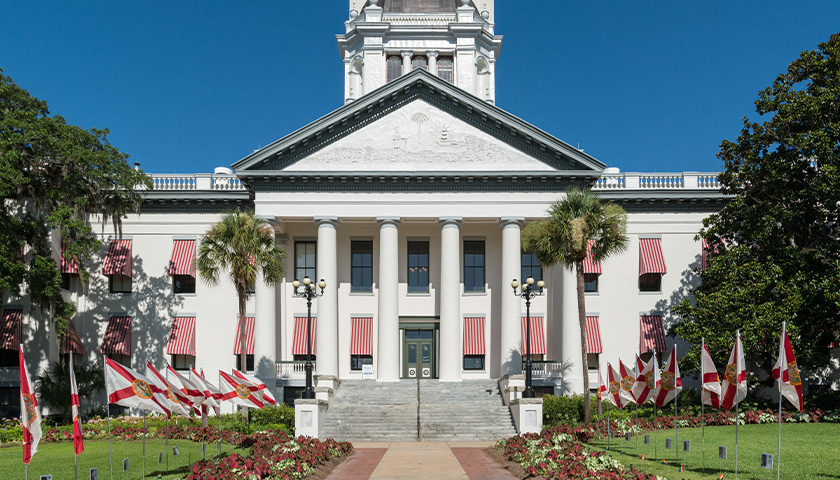by Andrew Powell
The Florida Legislature’s research arm released a report documenting issues with some of the Sunshine State’s economic development incentives and programs.
A review of Florida’s entertainment industry incentives by the Office of Program Policy Analysis and Government Accountability showed that 1,409 production companies had reported spending an estimated $1.3 billion on average. Companies also saved around $22 million in sales tax, and 57% of production companies said the incentives affected their decision to work in Florida.
However, the passage of House Bill 5 in June repealed the Entertainment Industry Tax Credit. It was reported in February that the Entertainment Industry Financial Incentives program only returned approximately seven cents for every dollar spent.
VISIT FLORIDA, the official state-funded tourism marketing corporation reported that Florida’s tourism employment grew by 21% or 278,540 employees between 2013 and 2022. Visitor numbers broke the previous 2019 record of 131.4 million visitors in 2022 by 5%, totaling 137.6 million international and domestic visitors.
The watchdog agency noted that improvements could be made to enhance its evaluations of marketing activities, recommending the revision of internal measures to improve the organization’s performance rather than maintaining already achieved targets and improving consumer awareness.
A review of the Florida Sports Foundation found that it had met its contractual performance obligations and reported that sporting events that had received foundation grants had generated more than $1.8 billion in economic activity and attracted more than 2.5 million domestic visitors from out of state.
Between 2019 and 2021, Florida’s sports industry was estimated to be worth around $71 billion, supporting over 978,000 jobs and attracting more than 28 million visitors. The watchdog agency noted, however, that there is a lack of an oversight entity to ensure franchises comply with some statutory requirements.
The report states that Space Florida met its contractual obligations by collaborating with both private and public entities to grow the state’s aerospace industry. This includes establishing 40 documented partnerships with nonprofit, public, and private entities.
Some stakeholders reported to the watchdog agency that the organization needed improvement regarding transparency and efficiency.
It was recommended that Space Florida consider working with the Department of Commerce to go beyond what has already been achieved and set more ambitious goals, and to work closely with stakeholders to enhance transparency in its operations.
– – –
Andrew Powell is a contributor to The Center Square.





